Trying to decide how to use up those bananas on your counter? From the best banana pudding to banana bread, muffins, and cookies, you’ll find the perfect option in this collection of easy banana recipes! Plus info on how to store bananas and ripen them quickly in a pinch!
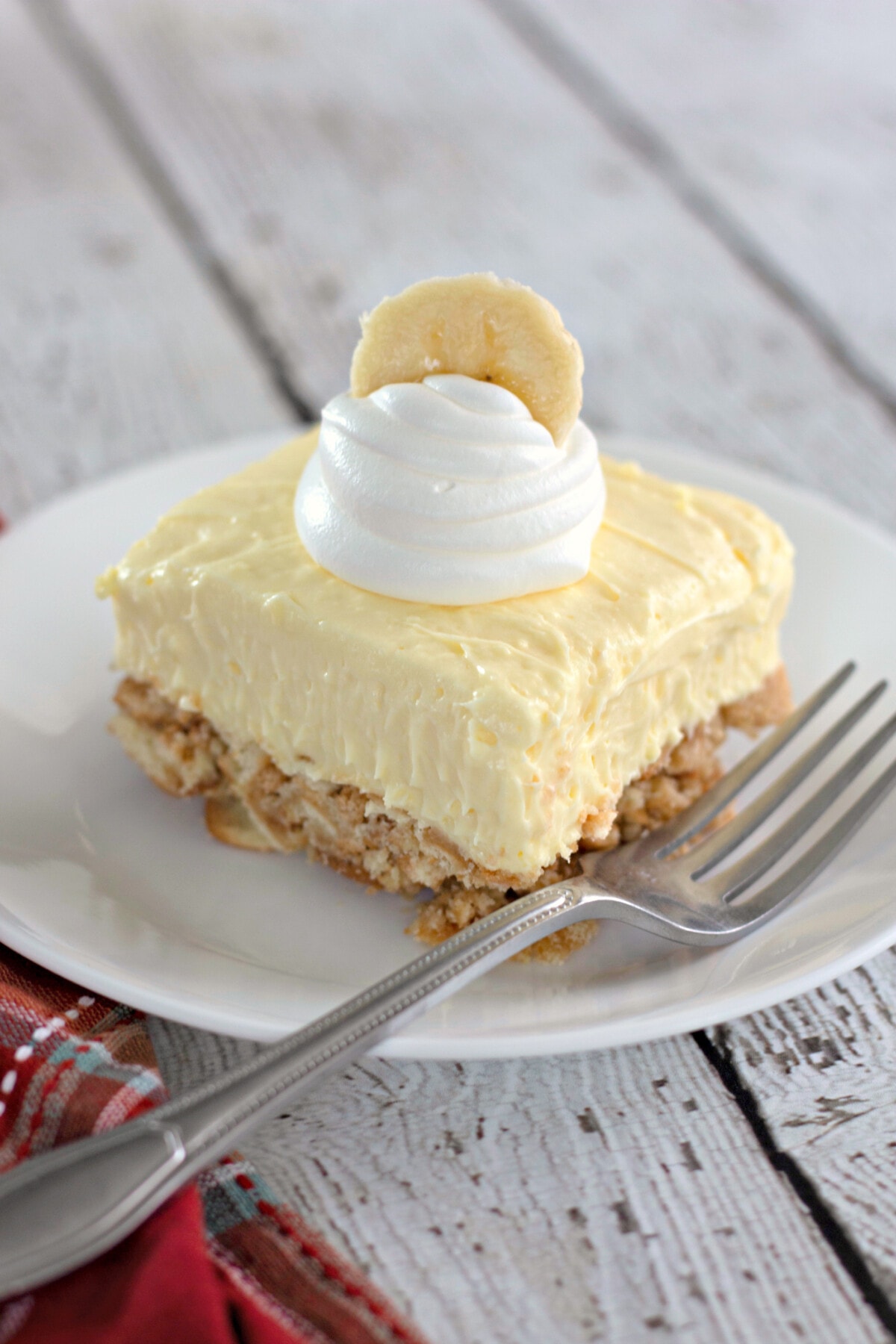
Are Bananas Healthy?
Yes. Bananas are absolutely part of a healthy, balanced diet. I think most of us know that bananas contain lots of potassium but did you know they also include other important nutrients like fiber, vitamin B6, vitamin C, antioxidants, and phytonutrients?
Not only is eating bananas on their own good for you, but sneaking them into baked goods is a great way to get in some extra nutrients.
How to Select Bananas at the Store
Wondering how to pick the perfect bananas at the store? Here are a few helpful tips.
- Color. The best color will depend on your goals for the bananas and how quickly you plan to eat them. In general, if you just want to eat a banana or add it to a dish where you use banana slices (such as banana pudding), you want to choose bananas that are bright yellow with no green or brown spots. If you want to use the bananas in baked goods, brown spots are okay. Bananas with green spots are okay if you’ll be waiting a few days to use them.
- Texture. Bananas should be firm to the touch without being hard or mushy. Yellow bananas should give just slightly while green bananas will be hard and overripe bananas are soft (which are perfect for when you need mashed bananas).
- Size. Opt for average-sized bananas. In general, the larger the banana, the less sweet it is. This is particularly important if using it in baked goods.
How to Prevent Bananas from Browning
Do you ever feel like your bananas have a mind of their own and go from not ripe to overripe in the blink of an eye? (Kinda like avocados!) If so, here are a few tips that can help slow down the ripening process.
- Store them on a banana hook. If you really want to keep your bananas in the optimum storage, consider one of those banana hooks that sit on your counter and keep the bananas hanging in the air.
- Otherwise, store them in a cool place. Avoid placing the bananas in any type of container and store them somewhere cool, like a pantry.
- Do not place them near other fruits. Placing bananas in a fruit bowl with other fruits like apples, pears, and avocados will cause them to ripen faster.
How to Quickly Ripen Bananas
If you have the opposite problem and find yourself with bananas that are green but need them ripe NOW, you have a few options. Note that these are best for banana recipes like bread and muffins, not ones where you’ll be slicing the bananas.
- Place them in a brown bag. The easiest way to ripen a banana quickly is to place it in a brown paper bag and fold it closed. This will speed up the process but it will take a few days.
- Add some fruit. If you place an apple or avocado in the bag with the banana, the gasses the fruit releases will speed up the process even more.
- In the oven. You can also ripen bananas in the oven by baking them for 15-30 minutes at 350F. The peels will turn black and you’ll need to scoop out the banana so this is definitely best for baked goods.
How to Store Bananas
As noted above, bananas should be stored on the counter or in the pantry in the open air – not in any type of container.
Note that you should not refrigerate bananas either. It will prevent them from ripening, yes, but they likely won’t resume ripening once you remove them from the fridge either. Instead, the skin will just turn black.
Can You Freeze Bananas?
Yes – but only bananas that have reached their desired ripeness. Once you freeze a banana, it will not ripen more once thawed.
Freezing overripe bananas is a great way to save them for banana recipes like banana bread in the future but you can also freeze ripe bananas for smoothies and such as well.
Overripe bananas can be frozen with the skin on but for ease, freezing ripe bananas without the peel is best. If you want to slice or dice them for smoothies, it’s good to do that before freezing too.
Then just place them in a freezer-safe container or ziploc. You may want to flash-freeze banana pieces on a baking sheet first, to prevent them from sticking together.
What Can I Do With Overripe Bananas?
So much! As you’ll see in the banana recipes below, brown, overripe bananas are PERFECT for baking!
In fact, the more ripe a banana, the sweeter it is and the more moisture it adds to your bread or muffins.
When Can You No Longer Use a Banana?
Since overripe bananas are great for many banana recipes, how do you know when overripe is too ripe?
There are two major signs that it’s time to toss your bananas – mold and a foul smell.
Do not confuse brown or black skin as mold on a banana. Instead, look for white fuzzy, gray, or green mold.
Smell-wise, you won’t have a problem noticing a banana has gone bad as it will have a rancid or fermented smell and possibly be leaking juice. If your banana smells anything other than sweet, it’s time to toss it!
13 Best Banana Recipes to Try
Now that you know how to properly select, store, and ripen your bananas…let’s dive into my favorite banana recipes!
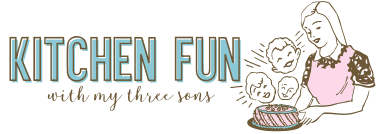

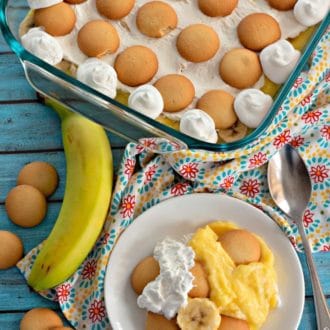
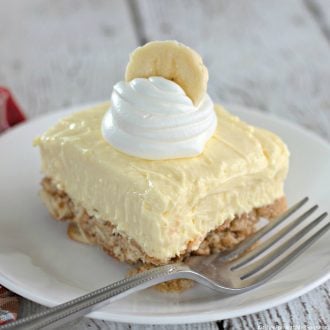
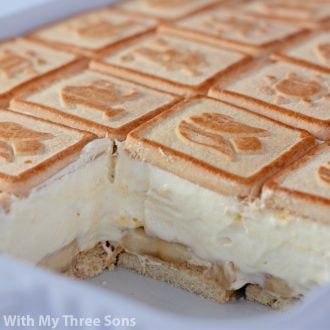
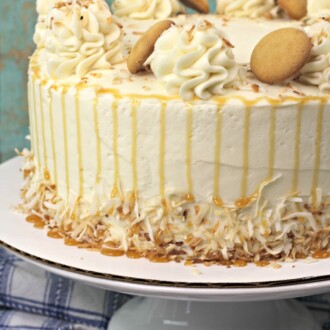
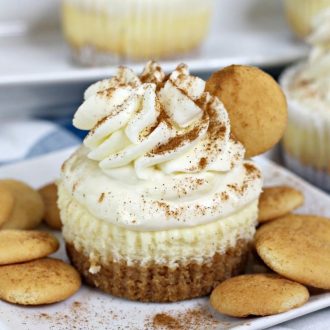
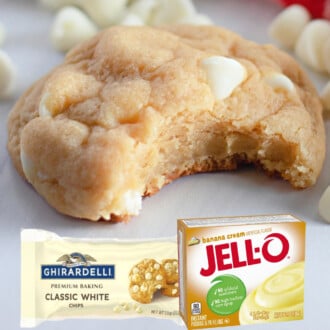
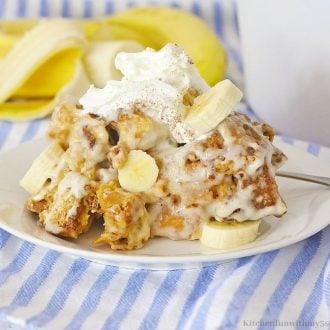
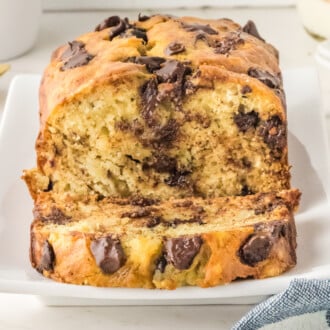
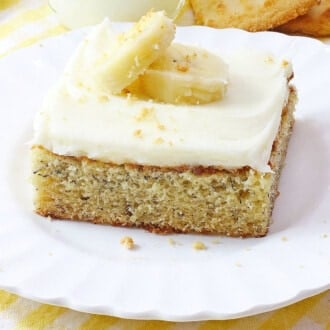
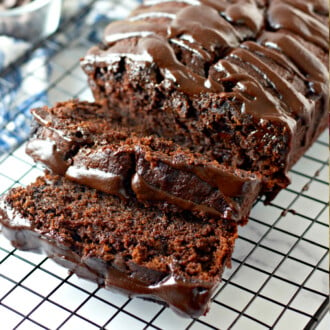
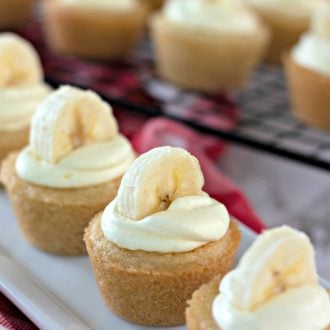
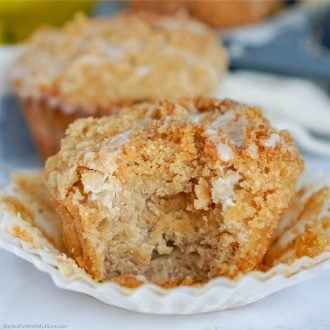
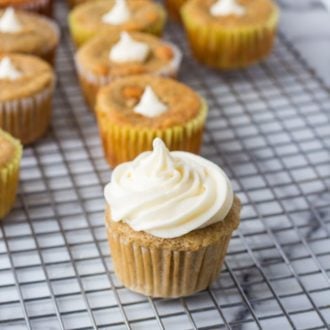
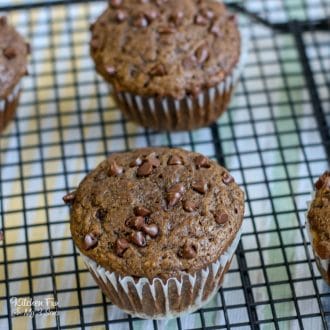
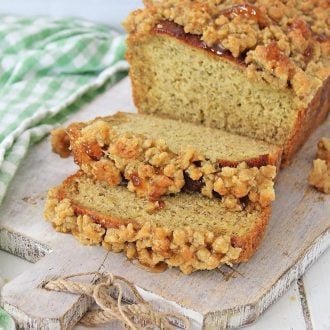
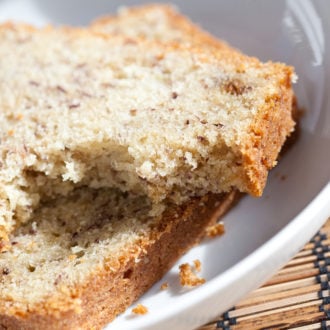
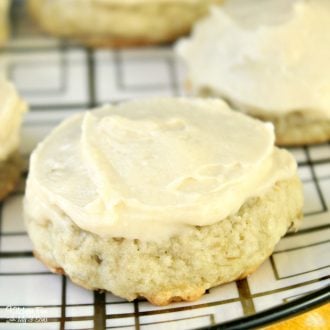
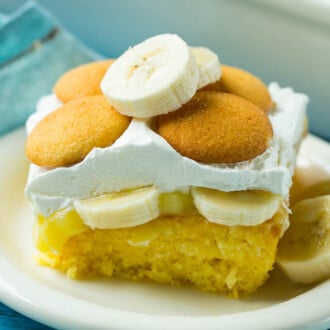
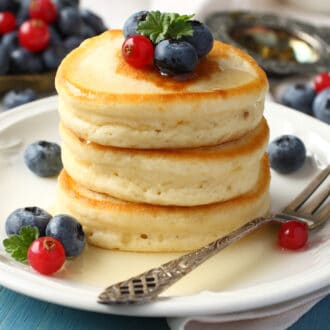

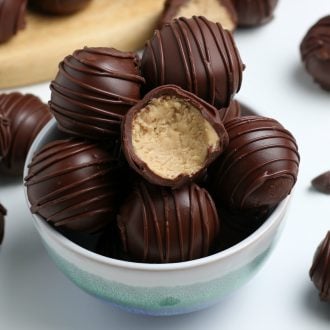
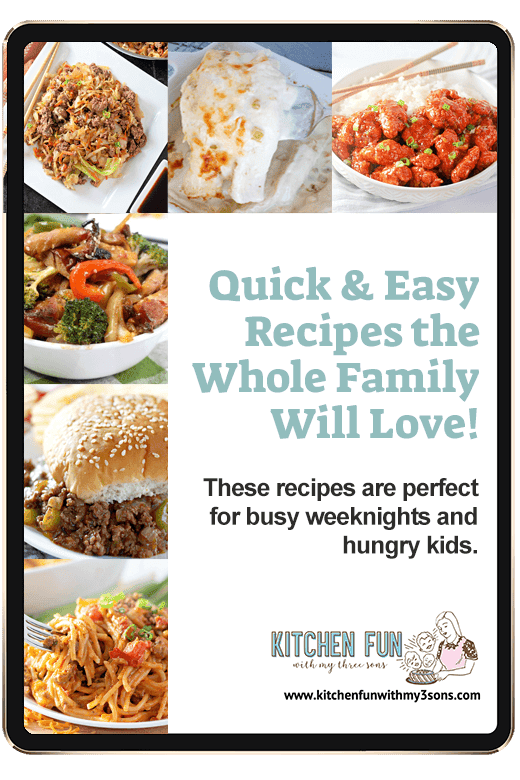
Leave a Review!
We LOVE hearing from you! Submit your question or comment here.
Your email address will not be published.